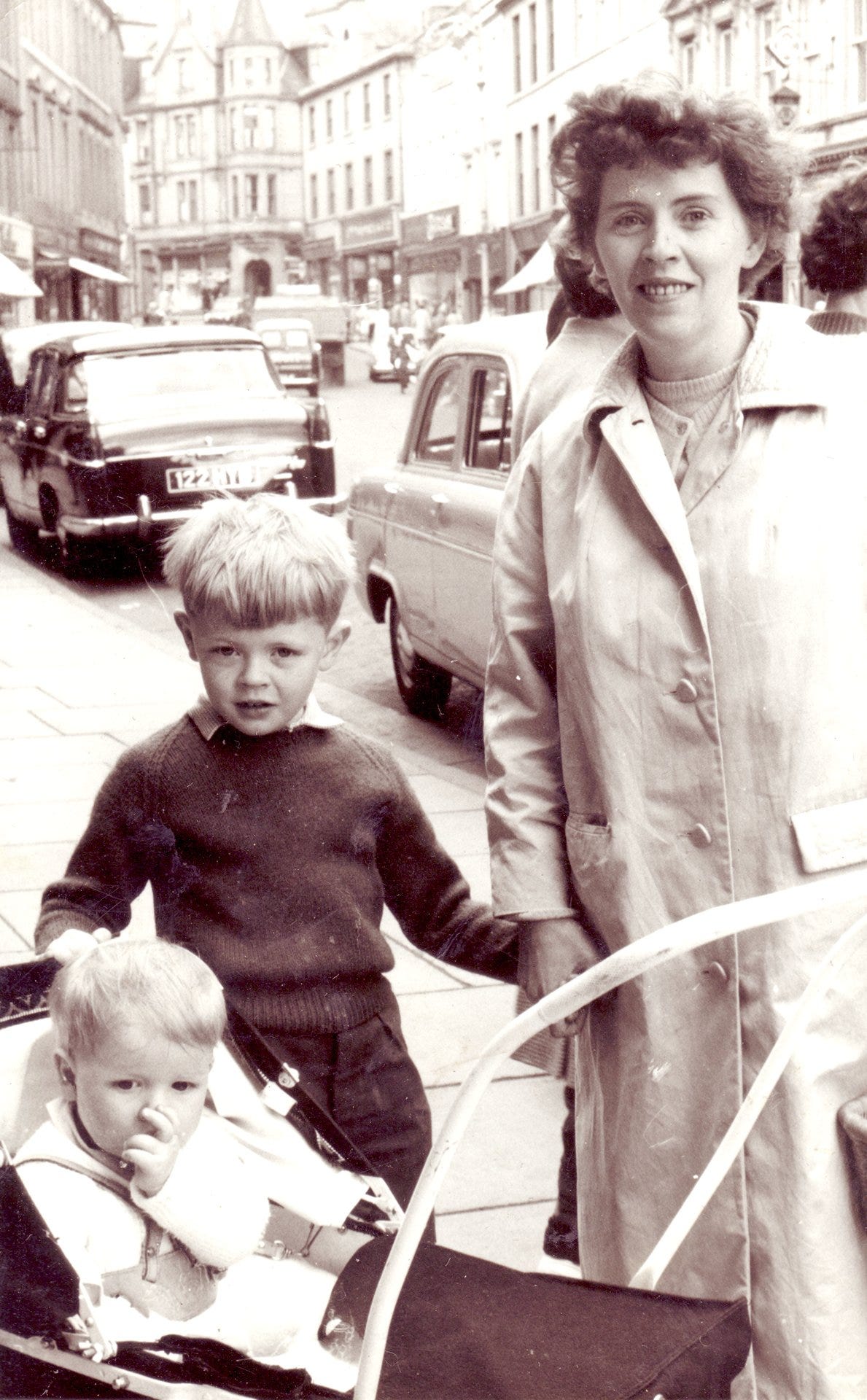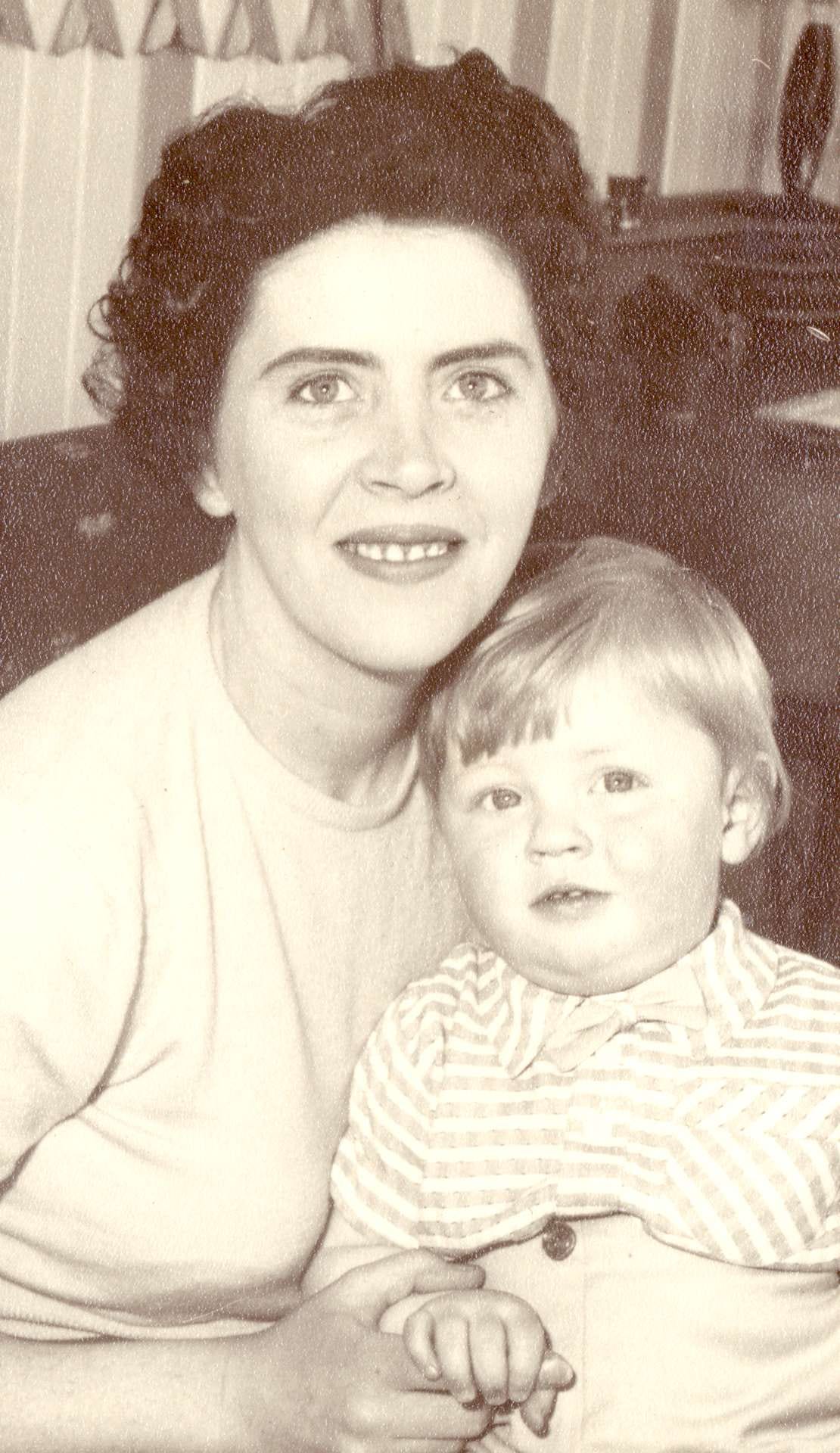
The 1960s was an interesting period. Famous for music, the good life and style, the era was powered, to a large extent, by a new phenomenon: Hire Purchase. This was a system similar to modern car leasing, where the customer paid a weekly or monthly sum to hire the vehicle, which became his at the end of the plan. Sometimes a final lump sum was required, but a deposit or down payment was always needed.
In that era many people still did not have bank accounts and those that did usually had deposit-book savings accounts. Cheques were rare and there was no such thing as a guarantee card or even a credit card. The nearest we had was American Express and Barclaycard, which were both debit cards. These accounts could not be used to borrow money, so the HP companies had a field day, even though the amount of interest they charged was really eye-watering.
Amongst the things that could be had on HP, usually known as the ‘never-never’ (because you never finished paying and you never really owned the item you were paying for) were cars, motorcycles, guitars, white goods, garden power tools, house furniture and much else, even suits.
Hire Purchase — the Never Never
My father was a Ford Main Agent which meant he was also a Hire Purchase and Insurance Agent and it was from these, technically sidelines, that he had a significant amount of his income. Car dealers always prefer to sell on HP or the modern equivalent, especially if they are the Agents, because the commission is healthy indeed. This persists even today, when you will so often find sales people pushing ‘store finance’ rather than bank loans or even cash.
I confess that I did not understand this for many years, until my mother, also an Agent, explained chapter and verse. I was quite shocked. There seemed something a little immoral in persuading people to take a form of finance that would actually cost them two or three times as much as borrowing from the bank. However, there is no doubt that my parents did very well out of it.
By the way, if you are buying a car, never discuss how you plan to pay for it until the very last moment. The sales will throw in all sorts of reductions and incentives, based on the assumption that you will be taking credit. When you’ve negotiated the best deal you think you can, get the sales to write it down on headed notepaper – and then say you’re going to pay in cash. You will be hated but you will get a better deal.
The problem, for first-time car buyers, was always that pesky deposit. A person who owned a car, even on HP, could use that as the deposit — as the infamous ‘trade-in’ — but those who were buying their first had to find it. There was not a lot of liquid cash in the economy in the 1960s – a robber Government saw to that – but people did have things to sell. Especially in the country areas, the old houses were full of stuff, mouldering and dusty. Even in the 1990s, I saw house auctions where truly remarkable treasure was up for grabs, from Old Masters to more silverware than you could imagine. As a result, my father became a sort of pawn broker, taking anything of value in against the dreaded deposit, which at that time was usually one third.
This in turn meant that the house and its outbuildings became a store of the weird and the wonderful, the fantastic and the bizarre, from stuffed moose heads to wood lathes, boats, paintings and yes, an awful lot of silverware. Anything, in fact, that Dad thought he could make coin on.
The Purdeys
We could always tell, with my father, when he had turned a particularly sweet deal and so it was, one evening when he came into the kitchen, just after six as usual, bearing a strange, long black leather-covered case in his hand. My mother, who was just as nosy was we were, quickly asked, ‘What’s that?’
‘Aha,’ said my father, enigmatically. ‘You remember that holiday in Italy we were talking about, Gladys? Well, this is it.’
So saying he placed the case on the kitchen table and flipped the catches. Inside were two shotguns.
‘Guns?’ queried my mother.
‘Not just any guns. These are Purdeys.’
Today, to let you know, a brace of Purdeys in the original case will set you back well over a hundred thousand pounds. In the early sixties, they represented the kind of money that most people would never see, let alone hold in their hands.
‘How did you get them?’ asked my mother, who understood she was looking at a fortune’s worth. The guns on that table might have paid for a decent-sized house.
‘Well, this bloke came in looking for a new car. Wanted a Zephyr Six. So we did the paperwork and then told him that the deposit would be four hundred pounds. He said he didn’t have it, but would we take his father’s guns instead? The old boy’s been dead for a while. It was the bloke Mathieson, lives up in the big house at Arbeg, you know?’
Mum nodded. Mathieson was a well-known eccentric, what my father called a ‘toff’. But despite any dislike he might have had for the landed gentry, he was never shy to take their money.
‘And,’ she inquired.
‘Well I said yes. Four hundred quid for a pair of Purdeys? He had all the paperwork, letters from Purdeys – look, I’ll show you, here. Headed notepaper, see. Purdey of London.’ He grinned. ‘So you get down to Thomson the travel agent tomorrow morning and book that holiday. Three weeks, this time, not two. I’ll be taking these up to Gow’s in Dundee first thing. Before Mathieson changes his mind.’
He turned to me and smiled. ‘Do you want to hold one?’
He gave me one of the guns; it weighed a ton, at least to me, but it was beautiful, with incredible engraving. The metal on the side-plates seemed to be alive. I handed it back with a sort of reverence. I have never since held so much value in my hands as that.
I know Dad took the Purdeys to Gow’s but I don’t know how much he got. It would have been a trade sale, that is, half the retail value, but I remember clearly that we did have three weeks in Rimini that year and no expense was spared.
Fancy shotguns were not the only exciting thing that passed through my father’s garage. Everyone wanted a new car and all that old stuff was just junk, to most people. It was the sixties, time to modernise. Perhaps they associated the old stuff with the terrible time of the war and didn’t want to be reminded. In any case, the contents of houses all over Angus ended up in ours, or rather, in the sheds and outbuildings. It was remarkable.
The speedboat
Another I remember clearly was a speedboat. This was a beautiful wooden launch, I guess about sixteen feet long, with an inboard petrol engine. It came on a trailer and was immaculate, its mahogany bright-work appearing almost liquid under the varnish. Unfortunately, my father really didn’t like boats; he was one of life’s perpetually seasick. He just had to look at one to go green. So he lost no time in selling it. Fortunately for me, because even at that tender age I already had salt water in my veins, he sold it to my big brother Sandy, who also had brine in his system. I believe the deal was based on a pre-War Austin Ten that Dad had fancied for some time. Anyway said Austin was soon polished up, gracing the showroom.
Sandy and I had a lot of fun on that launch until he sold it, for some reason I don’t know. He was probably short of money, that being no uncommon thing with him. I think a certain understanding that nothing is permanent came to me in these years and so pleasures had to be indulged in while they were there. It’s probably common to the kids of traders everywhere. You have to remember that the first motor dealers were actually horse-traders who moved with the times and they were famous for buying and selling anything – whether or not its title was absolutely sound. Fantastic, sometimes mysterious things would come into our home and then, a few weeks or months later, be gone again. It was the way of the world, as far as I, knowing no other life, could see.
This understanding of the ephemeral nature of things breeds a certain fatalism, I think, but also something that might not really be courage – I don’t consider myself to be brave – but a certain disregard for risk. Everything passes anyway, after all.








Great story Rod.